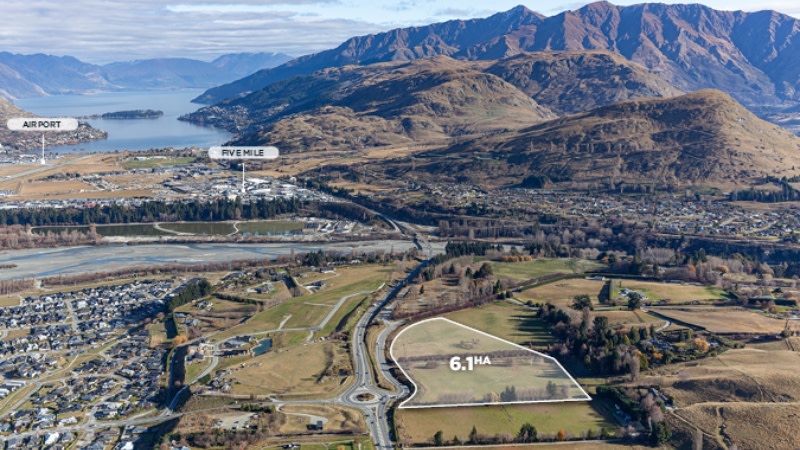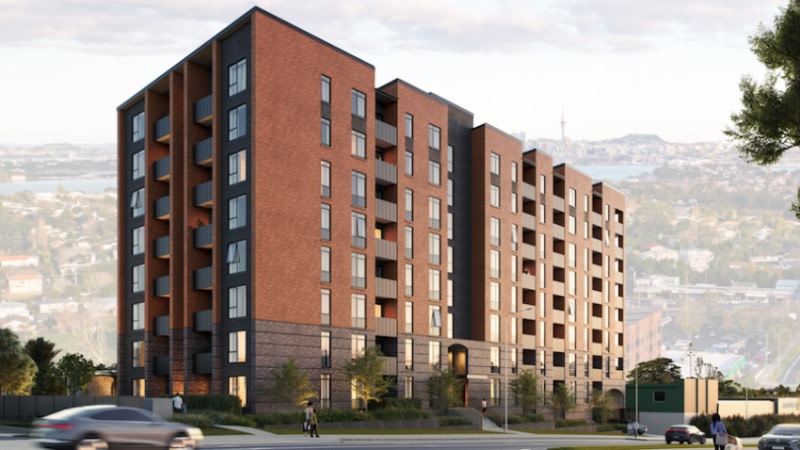NZ’s Simplicity Plots $500m Queenstown BtR Scheme

A New Zealand non-profit fund manager is expanding its build-to-rent arm, planning 600 homes in Queenstown as green shoots appear for the NZ development industry.
The project proposed by fund manager Simplicity would be the first build-to-rent project outside Auckland.
It would also be the largest to date for Simplicity as building consents in the skiing hotspot reach record highs.
The fund manager’s build-to-rent platform Simplicity Living acquired the 6.1ha site on Ladies Mile at Queenstown and announced plans for the $500-million development in August.
Simplicity Living managing director Shane Brealey said the proposal was part of its 10,000-home build-to-rent target.
“We have been keen to build in Queenstown for a couple of years and have now found the right site. It’s a cracker,” Brealey said.
“As one of the most unaffordable and constrained housing locations in New Zealand, we prioritised bringing our high-quality, secure tenure build-to-rent housing solution to the region.”
The project would have a “residential park atmosphere” with common use facilities including work-from-home spaces, residents’ lounges and outdoor equipment storage.

Simplicity Living has 889 homes under construction in Auckland, including at Remuera, Mt Wellington and Morningside.
The company plans to begin construction of 93 apartments at Northcote by the end of this year.
The Queenstown project has won support from the Queenstown Lakes District mayor Glyn Lewers, who called it a “game-changer” that would provide stability for locals.
NZ housing minister Chris Bishop said developers were starting to have confidence in the sector when he addressed the NZ Property Council in the town on September 4.
“Right here in Queenstown, residential building consent numbers are at a record high, with 1490 dwellings consented in the year to July 2025,” Bishop said.
“I was also very excited to see Simplicity’s plans to develop up to 600 build-to-rent homes on Ladies Mile in Queenstown.”
The building industry in New Zealand is currently subject to a number of reforms that include self-certification, the approval of international product standards and removal of council liability for projects.

Bishop said it had been tough moving through the economic cycle.
“I won’t sugarcoat things. Times have been tough over the last few years,” he told the council event at Queenstown.
“In 2021, inflation was rising fast and in 2022 it was out of control, peaking at a record high of 7.3 per cent.
“For companies and people developing property like you, inflation for construction was even worse, peaking at above 18 per cent in 2022.”
Building a house in New Zealand costs twice as much as it does in Australia, according to the NZ government.
“New Zealand has taken a difficult road to the trough, but I do believe we are now at or near the bottom of the cycle,” Bishop said.
“Construction costs are steady, giving developers greater certainty on price.
“The average cost of constructing a standard home has risen 0.8 per cent in the last year, a sharp contrast to the 44 per cent increase ... between 2020 and 2024.”















